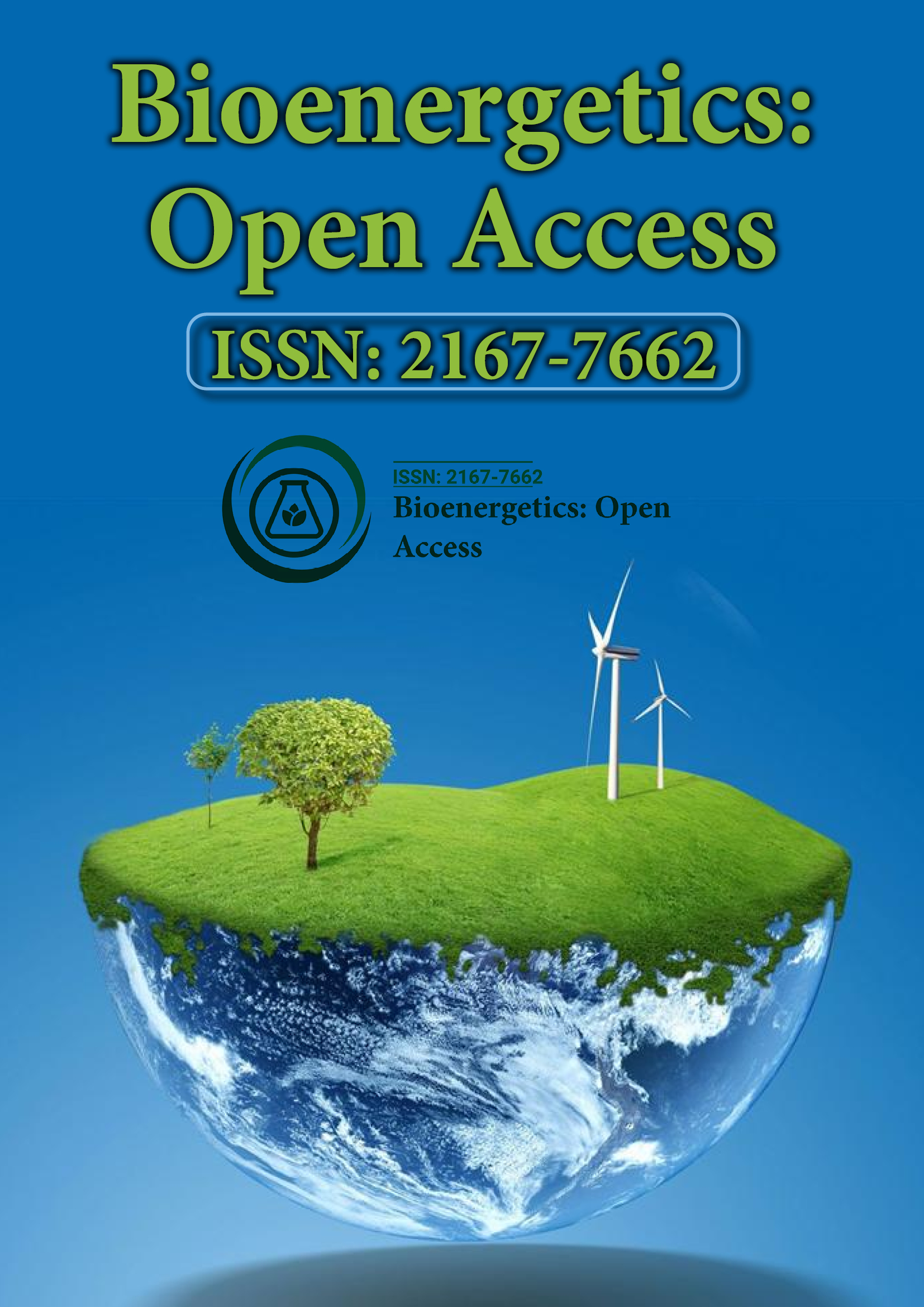Indiziert in
- Öffnen Sie das J-Tor
- Genamics JournalSeek
- Akademische Schlüssel
- Forschungsbibel
- RefSeek
- Verzeichnis der Indexierung von Forschungszeitschriften (DRJI)
- Hamdard-Universität
- EBSCO AZ
- OCLC – WorldCat
- Gelehrtersteer
- Publons
- Euro-Pub
- Google Scholar
Nützliche Links
Teile diese Seite
Zeitschriftenflyer

Open-Access-Zeitschriften
- Allgemeine Wissenschaft
- Biochemie
- Bioinformatik und Systembiologie
- Chemie
- Genetik und Molekularbiologie
- Immunologie und Mikrobiologie
- Klinische Wissenschaften
- Krankenpflege und Gesundheitsfürsorge
- Landwirtschaft und Aquakultur
- Lebensmittel & Ernährung
- Maschinenbau
- Materialwissenschaften
- Medizinische Wissenschaften
- Neurowissenschaften und Psychologie
- Pharmazeutische Wissenschaften
- Umweltwissenschaften
- Veterinärwissenschaften
- Wirtschaft & Management
Abstrakt
Immer noch im Mittelpunkt: Neue Funktionen des oxidativen Krebs-Zyklus
Ryan J. Mailloux
Der Krebs-Zyklus ist eine universelle Stoffwechselkaskade, die alle Organismen auf der Erde mit den Grundbausteinen des Lebens versorgt. Der Fluss durch den Krebs-Zyklus ist erforderlich, um die Produktion der universellen Energiewährung ATP voranzutreiben. Kohlenstoffzwischenprodukte aus dem Krebs-Zyklus dienen auch als Vorläufer für die Entstehung von Aminosäuren, Lipiden und Nukleotiden. Wenn man bedenkt, dass Kohlenstoff im Krebs-Zyklus alle erforderlichen Bestandteile erzeugt, die Leben gedeihen lassen, ist es leicht zu erklären, warum er in allen Organismen vorkommt. Obwohl wir ein umfassendes Verständnis des Krebs-Zyklus und seiner Funktion in Bezug auf Biochemie und Physiologie haben, werden die grundlegenden Grundsätze dieses Weges immer noch untersucht. Dies ist auf Entdeckungen zurückzuführen, die zeigen, dass der Krebs-Zyklus verschiedene andere zelluläre Funktionen erfüllt, darunter antioxidative Abwehr, Kontrolle der Transkription und zelluläre Signalgebung. In diesem Artikel werde ich die neuen Funktionen des Krebs-Zyklus erörtern, einschließlich seiner Rolle bei der antioxidativen Abwehr, der Produktion reaktiver Sauerstoffspezies (ROS) und der Signalgebung. Diese Funktionen sind eng mit seiner zentralen Funktion verbunden, dem Kohlenstoffstoffwechsel und der Mobilisierung von Elektronen zur Energieerzeugung oder anabolen Reaktionen. Diese neuartigen Funktionen des Krebs-Zyklus werden von der Effizienz des Nährstoffstoffwechsels und der Elektronentransferreaktionen beeinflusst, zwei Faktoren, die für die Existenz des Lebens auf der Erde von grundlegender Bedeutung sind.